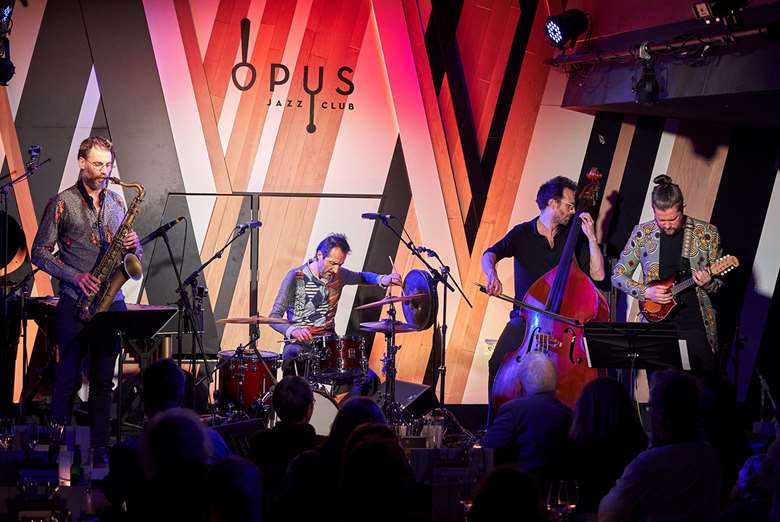French festival Jazzdor makes its four-day takeover debut at the Budapest Music Center
Martin Longley
Friday, March 31, 2023
Martin Longley plays musical chairs at the Opus Jazz Club…


Register now to continue reading

Thank you for visiting Jazzwise.co.uk. Sign up for a free account today to enjoy the following benefits:
- Free access to 3 subscriber-only articles per month
- Unlimited access to our news, live reviews and artist pages
- Free email newsletter